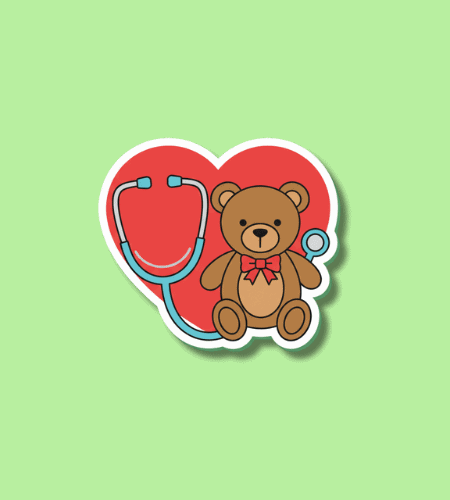National Child Health Day is observed on the first Monday in October each year to draw attention to children’s health and well‑being. It’s a time when families, communities, physicians, and policymakers are encouraged to reflect on how to help young people grow up healthier and stronger.
Table of Contents
History of National Child Health Day
The origins of National Child Health Day date back to 1928, when President Calvin Coolidge issued a proclamation to recognize a day devoted to children’s health. Congress established it as a national observance, inviting all relevant agencies and organizations to coordinate activities aimed at promoting year‑round child welfare.
Originally, the observance was set for May 1, but over time that changed. In 1960, the date was moved to the first Monday in October, which is how it is observed today in the United States. Through later years, successive presidents have issued proclamations urging citizens and organizations to use the day as a reminder of the importance of child health.
Why is National Child Health Day important?
This day matters because children are uniquely vulnerable — their bodies and minds are still developing, and early life health (nutrition, immunization, mental health, environment) significantly shapes later quality of life. The day underscores that caring for children’s health is not a one‑day activity, but a continuing responsibility. It invites us to think beyond illness to prevention, early intervention, and creating environments where children can flourish.
Beyond the obvious, National Child Health Day highlights inequalities: not all children have equal access to medical care, healthy food, safe spaces, clean water, or mental health support. By pausing to observe the day, communities can recommit to bridging gaps in pediatric health infrastructure, advocate for policy change, and remind themselves that investing in children’s health is investing in the future.
Here are some thoughts on what the day reminds us
- Every child deserves access to preventive care and healthy environments
- Health in childhood lays the foundation for adult well‑being
- Advocacy is needed to reduce disparities in child health
- Families, schools, and society all share responsibility
- Small changes in lifestyle, environment, or policy can make large cumulative impacts
How to Celebrate / Observe National Child Health Day
You don’t need elaborate plans — the day is meaningful when real people take small actions. One way is for families or caregivers to schedule or attend a well‑child checkup, ensuring vaccinations are up to date and discussing growth, nutrition, and mental health with pediatricians. Another idea is to spend part of the day doing a healthy activity together — a walk, a bike ride, or simply playing outdoors — modeling that being active is fun and normal. In schools or community centers, organizers can host brief health educational sessions or interactive workshops where children learn about hygiene, healthy eating, or managing emotions.
Also, use the day to raise awareness: share child health tips on social media, volunteer at clinics or health nonprofits, or reach out to local representatives to support child health policies. Even small gestures — offering to drive a parent to an appointment, donating nutritious food, or supporting mental health initiatives — can ripple outward.
Here are a few simple ideas
- Get a checkup or health screening for children in your life
- Cook and share a wholesome meal with children and discuss nutrition
- Organize a health talk or mini workshop at your school or community
- Share a child health tip online or in a local newsletter
- Volunteer or donate to a local pediatric health organization
National Child Health Day Dates Table
| Year | Date | Day |
|---|---|---|
| 2025 | October 6 | Monday |
| 2026 | October 5 | Monday |
| 2027 | October 4 | Monday |
| 2028 | October 2 | Monday |
| 2029 | October 1 | Monday |
Subscribe to our newsletter and never miss a holiday again!

